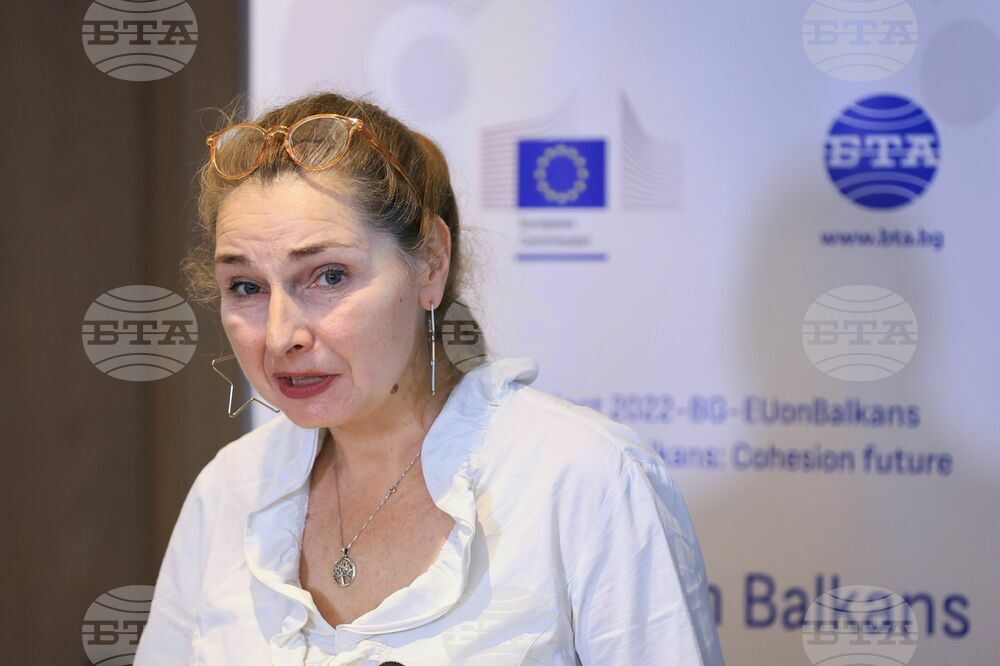site.btaCross-border Cooperation Between Bulgaria and Serbia Has Been Going On For 20 Years, Says Senior Consultant at Serbian Ministry of European Integration


The region covered by the Interreg-IPA Cross-border Cooperation Bulgaria-Serbia Programme is a beautiful region that has a common history, where people can understand each other and can sit around the same table, said Kristina Askovic, Senior Consultant in the Department for Cross-border and Transnational Cooperation Programmes with European Union Member States at the Serbian Ministry of European Integration. She was among the speakers at the sixth cross-border conference on BTA's project "Europe in the Balkans: A Common Future" in Belgrade on Friday.
Askovic highlighted the goals of the cross-border programme during the different programming periods since 2004. According to her, among the goals of the the cross-border programme between the two countries during the programming period 2004-2006 were the promotion of sustainable economic and social development, protection of the environment, the fight against organized crime, and the improvement of border control.
The goals for the period 2007 - 2013 were the development of infrastructure, project preparation, as well as improving the capacity for collaborative planning and problem solving. For the programming period 2014 - 2020, the development of tourism, the protection of cultural and natural heritage, investments in education, environmental protection and adaptation to climate change were promoted through various projects within the cross-border programme.
Askovic also commented on the goals of the current 2021-2027 programming period, which first of all is a more competitive and smarter Europe by improving the sustainable growth and competitiveness of small and medium-sized enterprises and the creation of jobs. Another objective for the current programming period is to bring Europe closer to citizens by promoting the sustainable and integrated development of all types of territories and local initiatives. The third priority is a greener, low-carbon transition to a net-zero carbon economy and a sustainable Europe.
The BTA project "Europe in the Balkans: A Common Future" is supported by the European Commission. It aims to foster a better understanding of the role of cohesion policy in the Balkans; to raise awareness of projects funded by the EU through the Cohesion Funds; promote dialogue on the results of the projects at local level and boost civic participation in issues related to cohesion policy.
The project is funded with EUR 348,871. To achieve the project's aims, BTA is using a media mix and expects to reach out to between 700,000 and 1 million people in Bulgaria, Romania, Serbia, North Macedonia, Greece and Turkiye.
The series of conferences under the project was launched on December 20, 2023 in Sofia. The programme until August 2024 envisages BTA-hosted discussions in the cities of Blagoevgrad, Burgas, Varna, Vidin, Vratsa, Gabrovo, Dobrich, Kazanlak, Kardzhali, Kyustendil, Lovech, Montana, Pazardzhik, Pernik, Pleven, Plovdiv, Razgrad, Samokov, Silistra, Sliven, Smolyan, Sofia, Stara Zagora, Targovishte, Haskovo, Shumen, Yambol, Kardzhali and Haskovo, as well as cross-border conferences in Belgrade, Bosilegrad, Bucharest, Edirne, Skopje and Thessaloniki.
/NF/
news.modal.header
news.modal.text